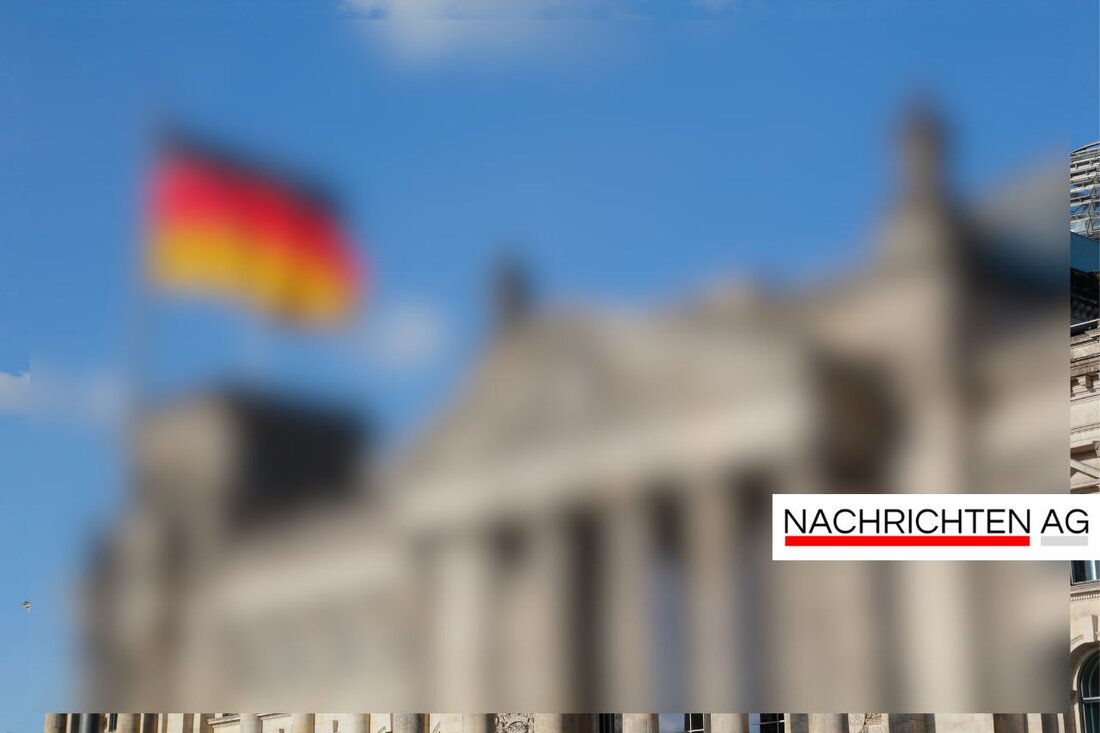Bundeswehr wants to return to old locations – municipalities in a state of emergency!
Bundeswehr plans to reactivate 20 locations in Schleswig-Holstein. Reactions from municipalities vary greatly.

Bundeswehr wants to return to old locations – municipalities in a state of emergency!
In Germany, things seem to be rising again around the Bundeswehr. The Defense Ministry has big plans: It wants to expand the armed forces and has announced that it will retain former military locations. In Schleswig-Holstein in particular, this affects around 20 locations that are to be reactivated as so-called conversion locations. While the mood in some communities is largely positive, there are concerned voices in other areas that are of greater concern.
Kiel, the state capital of Schleswig-Holstein, sees the plans as an opportunity to strengthen the infrastructure. Mayor Ulf Kampf speaks of “constructive discussions” with the federal government. However, the situation is completely different in places like Seeth or Heist, where citizens and local politicians view the plans critically. Existing projects are on the brink here, and this is causing unrest and skepticism among those affected. In Seeth, for example, around 1,000 refugees are currently accommodated, and a planned energy business park could be endangered by the Bundeswehr's plans. A planned commercial area in Heist could also be affected, while in Altenholz commercial and residential projects have already had to be stopped.
Challenges and uncertainties
The municipalities in Schleswig-Holstein are overall undecided on the matter. Like the reporting from NDR shows that there is a clear desire for planning security and a transparent schedule on the part of the affected communities. The managing director of the Schleswig-Holstein Community Association unequivocally demands that Berlin must make clear announcements regarding the return of the Bundeswehr, the time frame and financing. These uncertainties are not good for municipalities.
The topic not only concerns local politics, but also has a major influence on debates at the federal political level. A new military service law will come into force next year, 14 years after compulsory military service was suspended. In this context, compulsory military service will not be abolished, but the opportunities for voluntary military service will be expanded. Federal Defense Minister Boris Pistorius has emphasized that more soldiers, between 60,000 and 80,000, are urgently needed to ensure the Bundeswehr's defense capability. The debate about compulsory military service has gained new impetus due to the current geopolitical situation, especially after Russia's attack on Ukraine.
Perspectives of the Bundeswehr
The conversion of around 200 military sites was recently stopped, which is further heating up the mood. The Bundeswehr's site security course is carried out by the star addressed, while new challenges are also emerging in the area of security. The Union is demanding that if the troop strength is not reached as planned, compulsory military service must be automatically reintroduced. The pressure on the federal government is growing.
Overall, there is a lot to think about for the coming months. Neither politicians nor the affected communities know exactly what to expect. One thing is clear: the debate about the Bundeswehr and its social and infrastructural influence will certainly continue to concern us in the future. This heralds a change that generates both support and resistance. But what comes next remains uncertain despite all the conversations, worries and hopes.

 Suche
Suche
 Mein Konto
Mein Konto